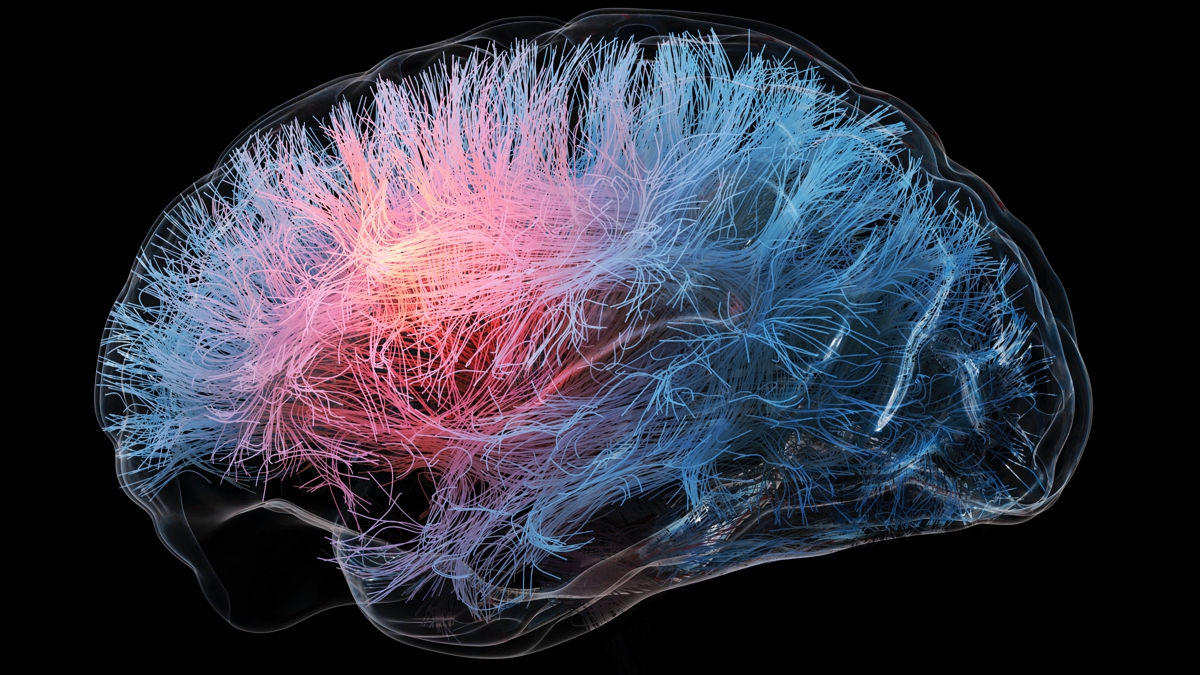A scientific trial testing a diabetes medicine and an insulin nasal spray has discovered that each medicine, together and alone, safely sort out totally different facets of gentle cognitive decline that’s typically seen in early Alzheimer’s illness, with none dangerous unwanted side effects.
We all know Alzheimer’s illness and different types of dementia are extremely advanced circumstances, and a number of remedy approaches are doubtless wanted to raised handle them.
The 2 medicines examined on this trial goal a number of totally different organic processes: Empagliflozin, an current diabetes drug, reduces irritation, which has been linked to Alzheimer’s onset, amongst different issues. The insulin nasal spray, which delivers insulin straight to the mind, has additionally been proven to maintain mind cells wholesome.
Carried out within the US, the trial reveals some early indicators of progress in sustaining mind well being in these vulnerable to Alzheimer’s. It enrolled 47 older adults aged 55 to 85 years, 42 of whom accomplished remedy.
The contributors had been recognized with gentle cognitive impairment or gentle dementia, or have been cognitively nice however confirmed indicators of molecular modifications linked to Alzheimer’s illness.
They got both empagliflozin alone, the insulin spray by itself, each medicines collectively, or a placebo, for 4 weeks. The trial was too small to detect any statistically vital variations between the teams (its fundamental intention was testing security); nevertheless, some tendencies have been noticed.
Associated: Alzheimer’s And Most cancers Might Quickly Be Handled With Sounds We Cannot Hear
“For the primary time, we discovered that empagliflozin, a longtime diabetes and coronary heart medicine, decreased markers of mind damage whereas restoring blood stream in crucial mind areas,” says neuroscientist Suzanne Craft from the Wake Forest College Faculty of Medication within the US.
“We additionally confirmed that delivering insulin on to the mind with a newly validated machine enhances cognition, neurovascular well being, and immune perform.”
As a diabetes drug, empagliflozin improves the best way the physique handles glucose and sodium. This has numerous additional results, together with decrease irritation and stress on cells, higher vitality effectivity, and improved insulin sensitivity.
Right here, the medicine was proven to cut back the degrees of the tau protein in cerebrospinal fluid, a protein that we all know can kind dangerous clumps in Alzheimer’s brains. It additionally had advantages by way of blood stream and levels of cholesterol, and several other different biomarkers linked to Alzheimer’s development.
The insulin nasal spray was chosen as a result of insulin resistance has beforehand been linked to Alzheimer’s, and former analysis reveals insulin’s results on mind cells will help enhance immune responses, white matter construction, and blood stream.
On this research, contributors given the insulin spray noticed higher scores on cognitive assessments measuring reminiscence and considering. Via mind scans, the researchers noticed advantages in white matter connectivity and blood stream linked to reminiscence.
The physique’s metabolism, or the best way it turns gasoline into vitality, is essential to good well being, and these therapies focus extra on that, slightly than a few of the later, end-stage results of Alzheimer’s we see in individuals with the illness.
“Our research means that concentrating on metabolism can change the course of Alzheimer’s illness,” says Craft. “Collectively, these findings spotlight metabolism as a robust new frontier in Alzheimer’s remedy.”
This was a comparatively fast and small trial, achieved to construct on earlier analysis and run additional security assessments.
Whereas a lot additional testing is required to gauge how efficient these medicine could also be in mitigating Alzheimer’s illness, the outcomes present an encouraging stability in boosting the best way the immune system fights illness, whereas additionally reducing the danger of overactive immune responses resulting in irritation and harm.
“We plan to construct on these promising outcomes with bigger, longer research in individuals with early and preclinical Alzheimer’s illness,” says Craft.
“We consider these therapies might provide actual therapeutic potential, both on their very own or together with different Alzheimer’s therapies.”
The analysis has been revealed in Alzheimer’s & Dementia.


